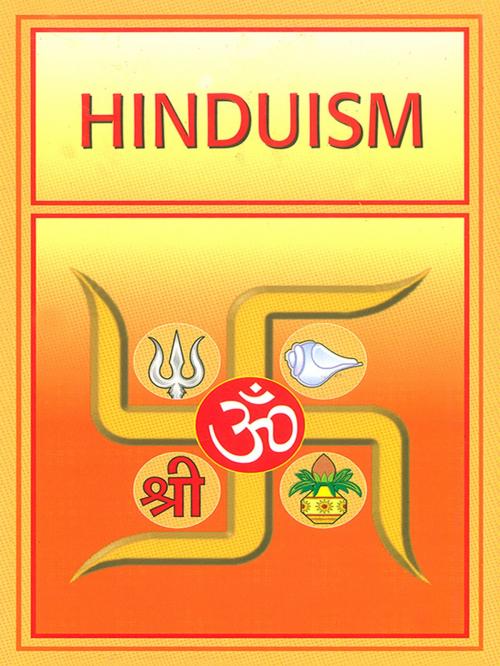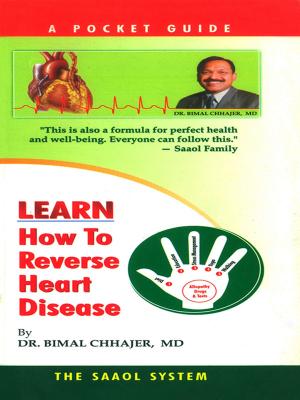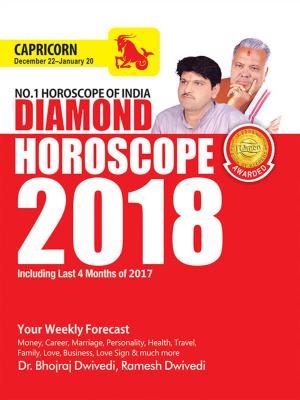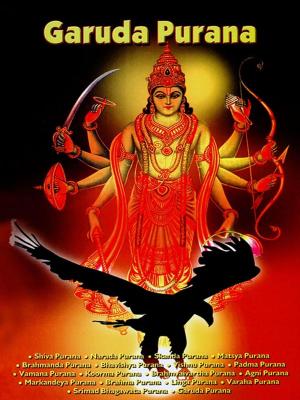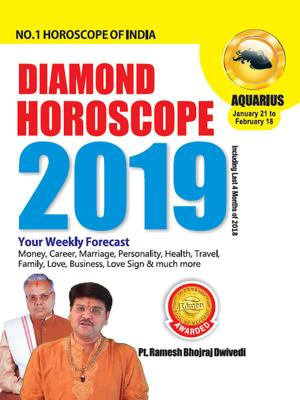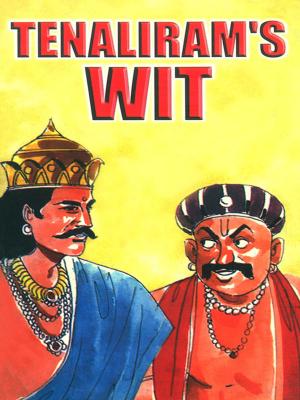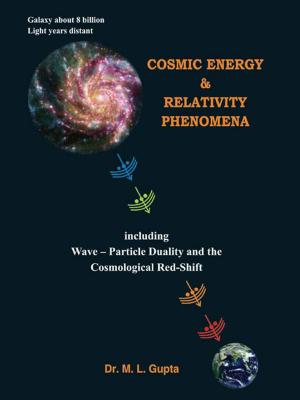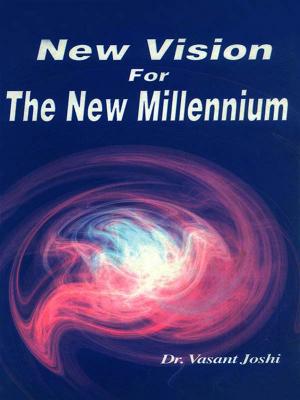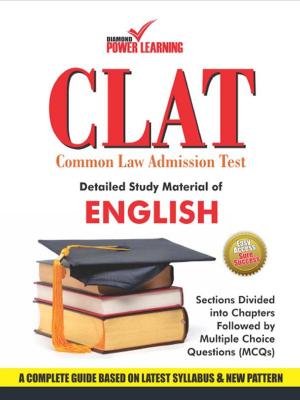| Author: | Dr. B. R. Kishore | ISBN: | 9789385975417 |
| Publisher: | Diamond Pocket Books Pvt ltd. | Publication: | March 4, 2016 |
| Imprint: | Language: | English |
| Author: | Dr. B. R. Kishore |
| ISBN: | 9789385975417 |
| Publisher: | Diamond Pocket Books Pvt ltd. |
| Publication: | March 4, 2016 |
| Imprint: | |
| Language: | English |
The roots of Hinduism reach deep into pre-historic hoary past. It has evolved over these millennia, and still this process continues. Dynamism, tolerance, catholicity, assimilation, inclusiveness, optimism and unity in diversity have always been its hallmarks. Its multiplicity is more apparent than real. In the ultimate analysis, Hinduism proves to be a great synthesis of many diverse and even conflicting and contradictory trends and elements. Thus, its multiplicity and ambivalence are not only incompatible with the concept of essential unity of life and its creator, but also mark its strength. The Vedas and Vedanta form the earliest source of our knowledge of Hinduism. The Vedanta literature reflects mainly the early ritual side of the Hindu way of living. So do the Puranas, as they throw significant light on the various mundane aspects of later Hinduism. The two Epics and the Gita also delineate the basis tenets of Hinduism, and underline the desirability of dharma and righteous living leading to ultimate triumph of the forces of good over evil.
The roots of Hinduism reach deep into pre-historic hoary past. It has evolved over these millennia, and still this process continues. Dynamism, tolerance, catholicity, assimilation, inclusiveness, optimism and unity in diversity have always been its hallmarks. Its multiplicity is more apparent than real. In the ultimate analysis, Hinduism proves to be a great synthesis of many diverse and even conflicting and contradictory trends and elements. Thus, its multiplicity and ambivalence are not only incompatible with the concept of essential unity of life and its creator, but also mark its strength. The Vedas and Vedanta form the earliest source of our knowledge of Hinduism. The Vedanta literature reflects mainly the early ritual side of the Hindu way of living. So do the Puranas, as they throw significant light on the various mundane aspects of later Hinduism. The two Epics and the Gita also delineate the basis tenets of Hinduism, and underline the desirability of dharma and righteous living leading to ultimate triumph of the forces of good over evil.
